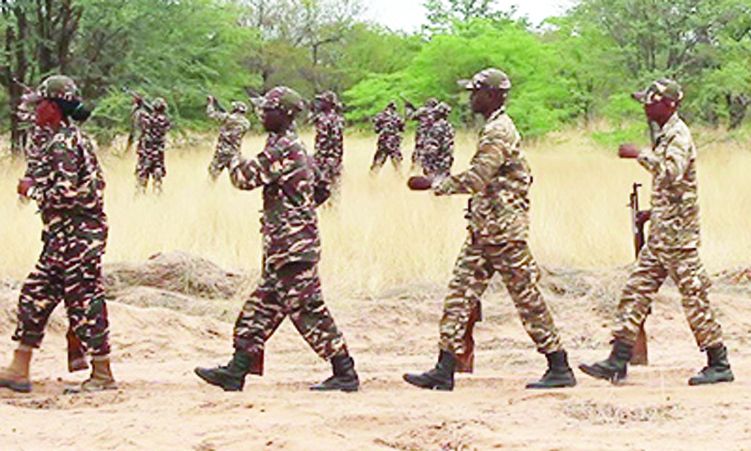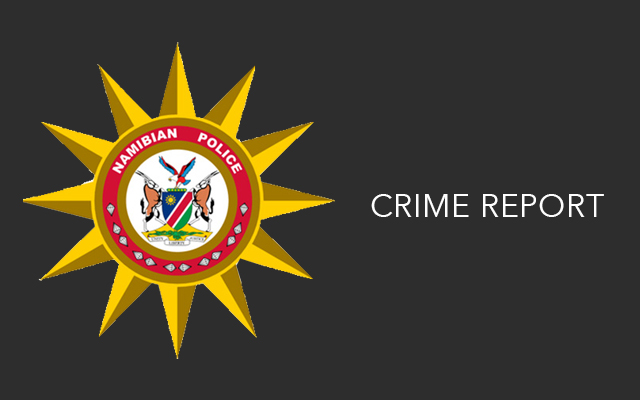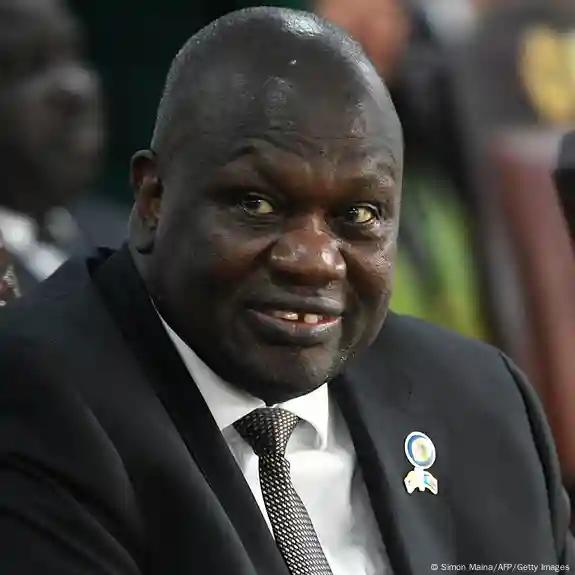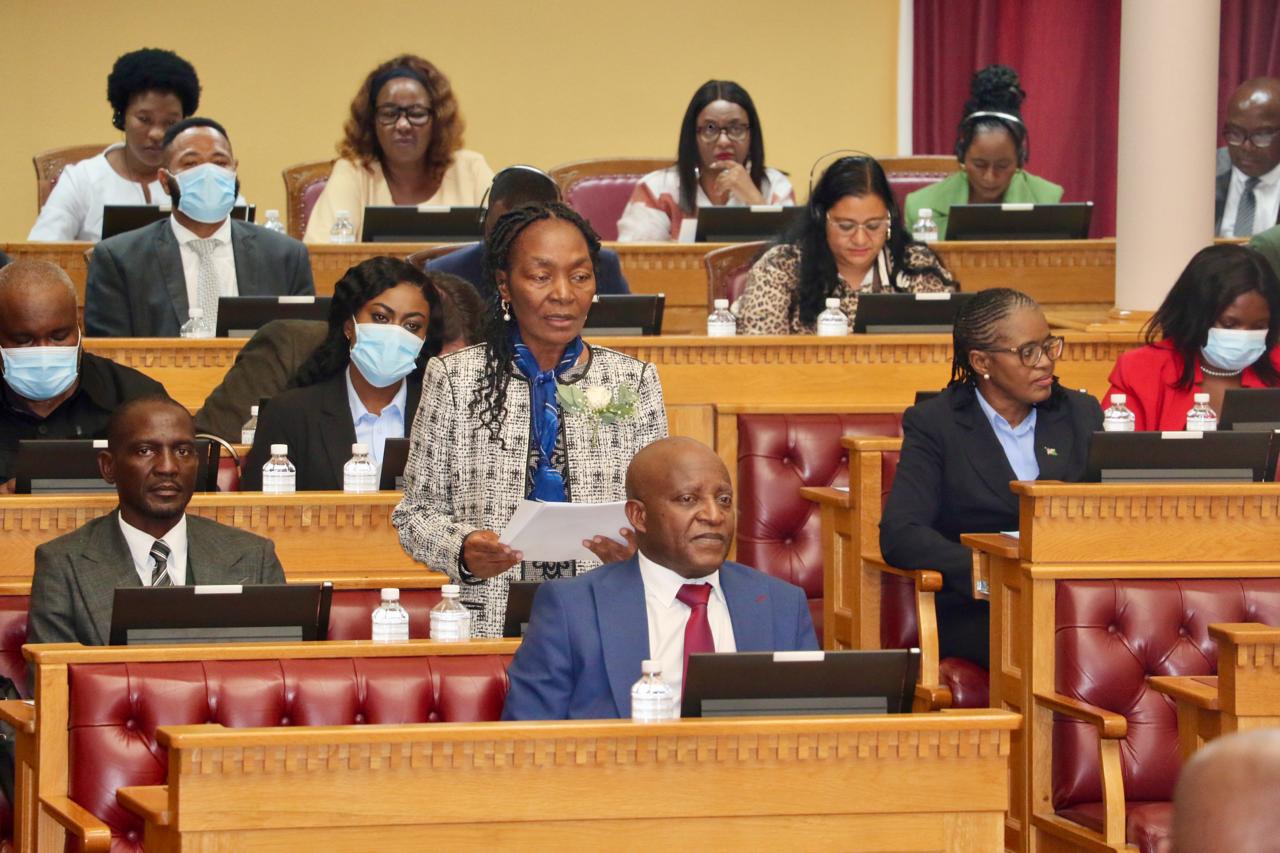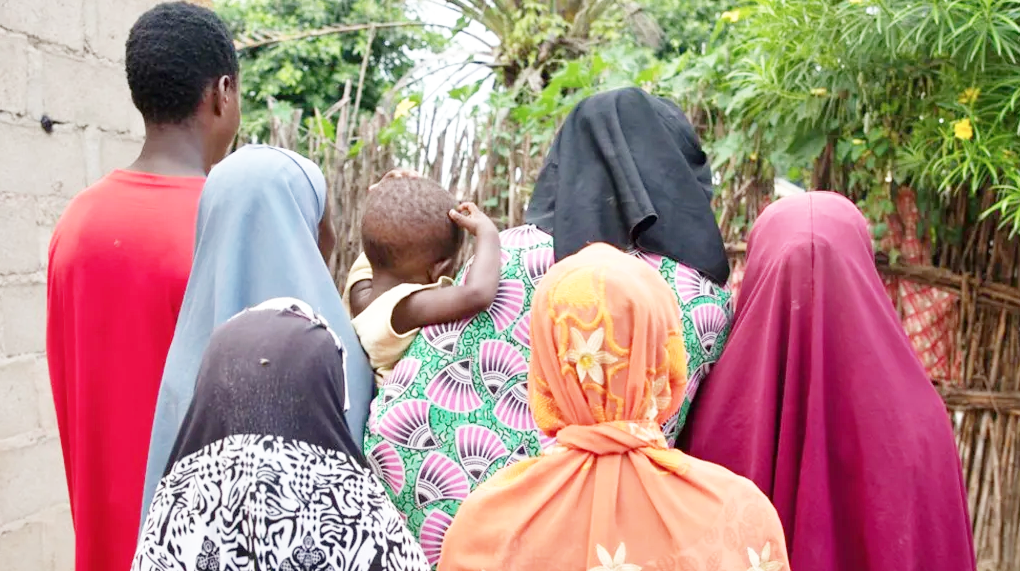The Ministry of Defence and Veterans Affairs is keeping mum on plans to implement a quota system for three regions, including Khomas, in the next round of recruiting.
NDF will recruit between 1 400 and 1 600 additional members.
The ministry executive director Wilhelmine Shivute in a memo dated 2 June said a team from the NDF recruitment planning committee will oversee the process across all regions.
“The regional allocations of new members are Khomas 141, Ohangwena 119, Omusati 119 and the remaining 11 regions 111,” Shivute wrote in a letter copied to chief regional officers.
“Marginalised communities are also allocated slots and the regional governors are humbly requested to deliver all the application forms of marginalised communities after the closing date.”
Ministry spokesperson Petrus Shilumbu declined to shed more light on the NDF recruitment during the 2022/23 financial year, including regional allocations.
Shilumbu said the letters were written for the governor’s attention and the ministry is yet to publicly declare themselves.
“The public is advised to wait until the ministry pronounces itself to the public,” said Shilumbu.
Labour expert Herbert Jauch said the defence ministry may be attempting to achieve more national balance in terms of staff members.
“But if young people hope that these would solve the unemployment crisis or would make a big dent, then that would be an illusion because we need a much larger number of jobs.
“NDF and police recruitment cannot solve the unemployment ratio. That’s quite a small number,” said Jauch.
Meanwhile, the Namibian Police have decided to implement the 80/20 principle for recruitment.
Safety and security minister Albert Kawana told parliament last week the police will prioritise those indigenous to each region in the next recruitment phase.
“In each region, indigenous communities will be accommodated at the rate of 80%, while other communities will be accommodated on the basis of 20%,” Kawana said.
He said the decision was made in accordance with article 41 of the Constitution, which compels the ministers to be accountable to their respective ministries.
“We want the police to represent the demographic set-up of this nation,” he said.
Popular Democratic Movement leader McHenry Venaani said it should become government policy.
“For far too long, we have been told ‘one Namibia, one nation’. But resources go to those in close proximity,” Venaani said.
The government could also enforce a national employment quota, he said.
“The government should do more to address this matter. It has gone on for far too long,” Venaani said.
The Landless People’s Movement (LPM) has also expressed dissatisfaction with the police shortlist, asserting that people from the //Kharas region were left out in favour of Oshiwambo speakers.
“I am not too sure whether I must be happy or I must be crying tears about the minister coming and talking about this matter on an 80-20 principle, although knowing him, I know it comes from a good person. One of the principles of Resolution 435 was that in the civil service and security agencies of the new state, the geographic representation of the whole of Namibia must always remain balanced,” he said.
Swartbooi, however, was quick to point out that the 80-20 concept for recruitment in the police was a reactionary move.
“If we did not complain, if young people had not taken to the streets, this matter was never going to be corrected. So, it is a reactionary process that is part of a fundamental policy that colleagues are trying now to camouflage to make it look as though they are trying to respond progressively,” he said.
United People’s Movement president Jan Johannes van Wyk praised Kawana’s decision and called for minority inclusion.
“The San people are complaining that they are always left out. I would really like to see the San people, even the Afrikaners, represented in this recruitment,” he said.
Meanwhile, police deputy inspector general for administration Anne-Marie Nainda has told the media the police would not interfere with the ongoing recruitment process.
Stay informed with The Namibian – your source for credible journalism. Get in-depth reporting and opinions for
only N$85 a month. Invest in journalism, invest in democracy –
Subscribe Now!




